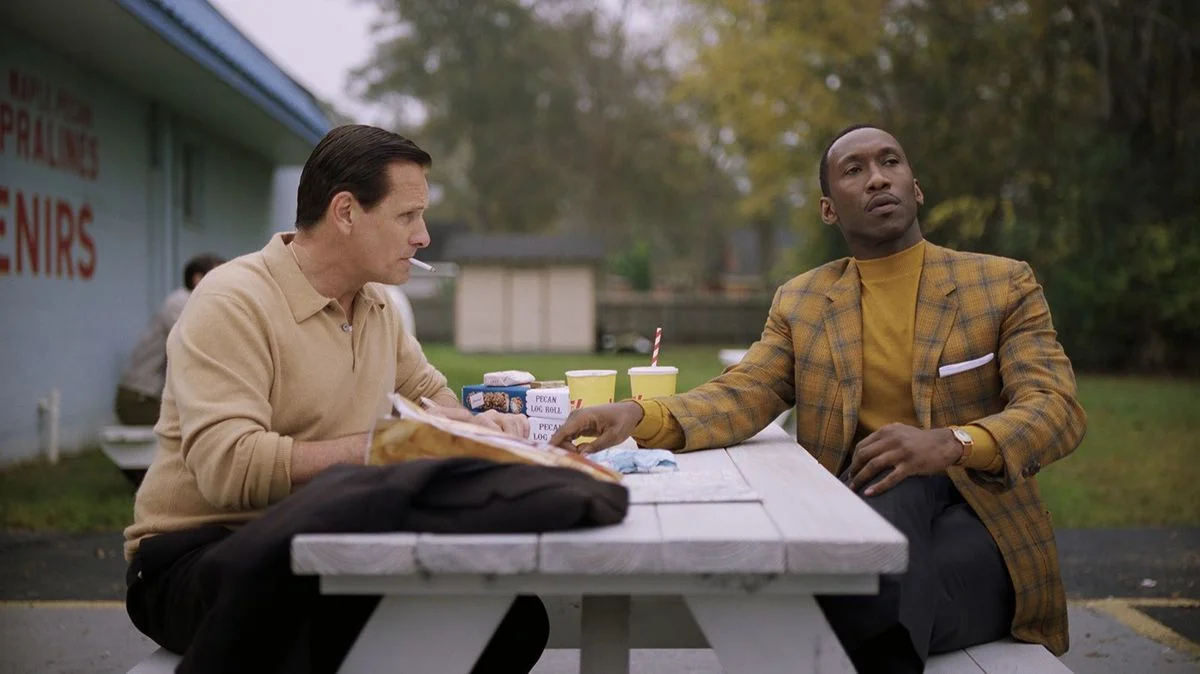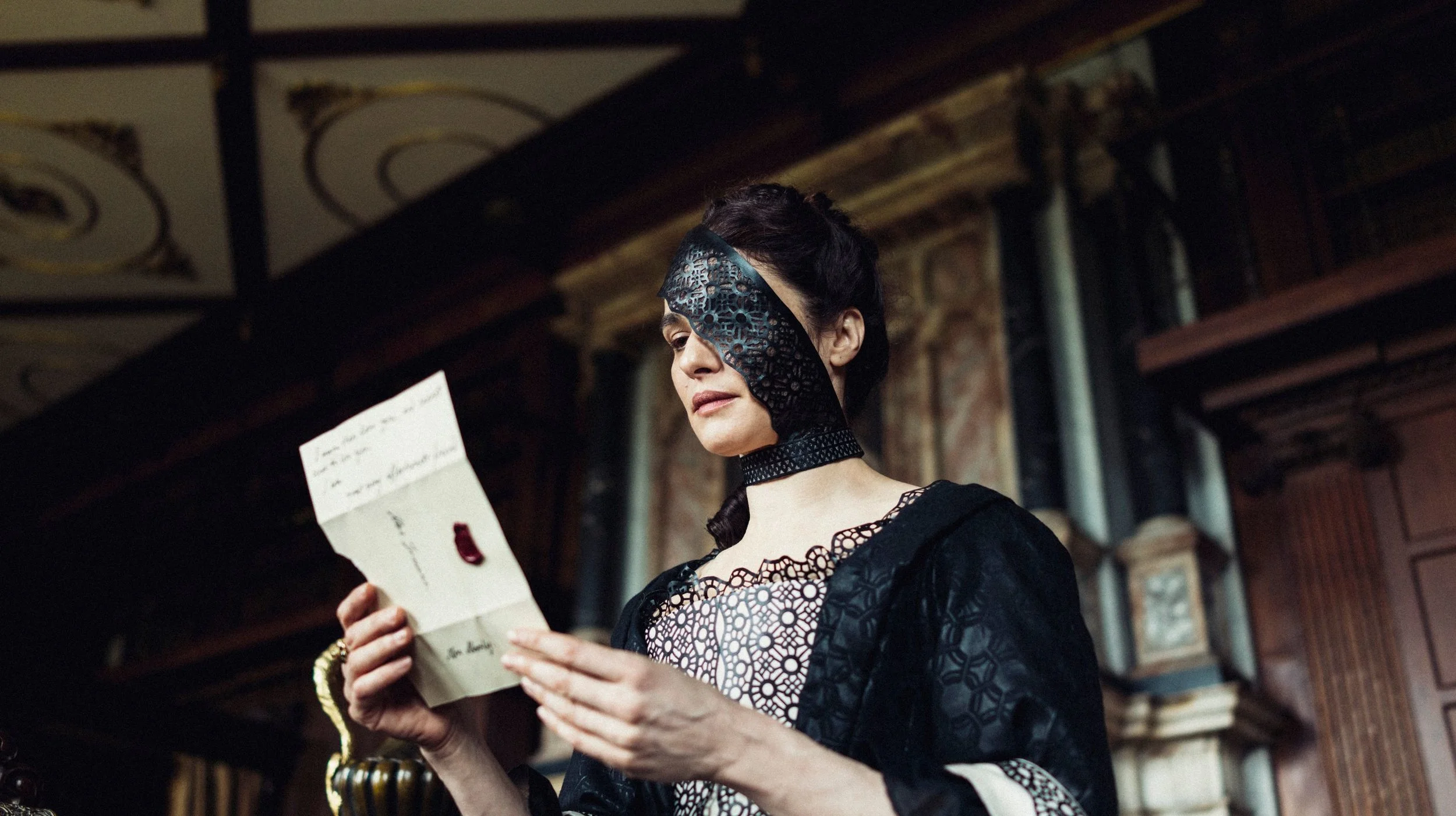"Boyz n the Hood" Review
“Boyz n the Hood” is a 1991 drama written and directed by the late John Singleton. The first time I saw “Boyz” was just under a decade ago and I liked it enough at that time to add it to my permanent collection on iTunes. However, having watched the film again in July of 2020, it struck differently than in past viewings. There were various important intricacies that had gone unnoticed. Before sitting down to “Boyz n the Hood” a few days ago, the lasting impressions of the film had been mainly stylistic. From the opening scenes the film oozes early 90s imagery. In almost every frame of “Boyz” you can catch glimpses of characters adorned in LA Raiders and Georgetown Hoyas gear and downing St. Ides malt liquor. The soundtrack features the likes of Ice Cube (“How to Survive in South Central”), Compton’s Most Wanted (“Growin’ Up in the Hood”) and Stanley Clarke’s fantastic and haunting score “Black on Black Crime”. In these ways “Boyz” is an ode to a West Coast hip-hop culture that has maintained interest and popularity throughout the years. However, “Boyz” is much more than just a relic of the 90s and a showcase for hip-hop culture. It is a dynamic masterpiece that feels all the more important in these times of strife across the United States.
The film opens in South Central Los Angeles in 1984 and follows three young boys who are Tre Styles (Desi Arnez Hines II), Ricky Baker (Donovan McCrary) and Darrin “Doughboy” Baker (Baha Jackson). The children own the first 30 minutes of the film, before flashing forward seven years and picking back up with the now-grown Tre (Cuba Gooding Jr.), Ricky (Morris Chestnut) and Doughboy (Ice Cube). It is in those first 30 minutes that we get a sense of what each character is at his core. Tre is wicked smart but perhaps too quick to emotion, as displayed when he takes up his teacher’s challenge to try to teach his elementary school class but ends up fighting with another student mid-lecture. Ricky is dedicated and innocent, but also a little naïve. Doughboy is the opposite of his brother, without a calling like Ricky has with football; he instead channels his energies into the streets, an arena in which he is extremely adept. This contrast is on display when the kids follow their friend Chris (Kenneth A. Brown) through the streets of South Central looking for a dead body. They find the body, but are interrupted by a group of young men, one of whom asks Ricky to pass over his beloved football which Doughboy had warned prior not to bring. Ricky gives up the ball, and the young men take off with it. “I told you not to bring that ball!”, Doughboy tells his brother as he chases after the older group. Indeed, Doughboy gets the ball back, but at the cost of getting beaten up by the older boy in a fight. This short scene sets the stage for later developments. The kids are beset on all sides by inescapable violence, destined for tragedy.
Indeed, “Boyz n the Hood” seems to take on black-on-black violence as its main theme. The opening titles include quotes about black mortality rates and crime, while the closing title pleads “INCREASE THE PEACE”. However, Singleton pursues a plethora of other issues throughout the film, often in very subtle ways. For example, during Tre’s elementary school class at the beginning of the film his teacher drones on about the pilgrim settlers in early America while the camera pans across a wall in the classroom displaying the students’ artwork. The drawings include dead bodies and LAPD squad cars. Perhaps Singleton was drawing our attention to a white teacher lecturing a room full of black students on a historical topic that is exclusively white for a reason. This scene was amplified for me by today’s current events, in which people across the country are expressing very different perspectives on what it means to be American, and what America represents to them. The pilgrims are an important part of my heritage to some extent, but are they to Tre’s? In this very simple scene Singleton raises complex questions about how history is taught.
Similarly, Singleton proposes other quandaries through the character of Furious Styles (Laurence Fishburne), Tre’s father. Furious is featured the most in the film outside of Tre, Ricky and Doughboy. In the opening act we see him guide the young Tre into manhood offering sage advice in a variety of scenes. Furious is tough, opinionated, and the kind of guy you would not want to get into an intellectual argument with because he would win by theoretical knockout. One of the most interesting scenes with Furious comes toward the end of the movie, when he brings Tre and Ricky to a neighborhood in Compton that is undergoing the process of gentrification. Furious gives a short speech that harkens back to Malcolm X’s famed “The Ballot or the Bullet”. Furious’ ethos, as far as I can tell, is that of a Black nationalist. Indeed, Furious’ profession is helping members of the black community in South Central secure loans for houses. Furious’ beliefs and those contained in Malcolm X’s 1964 speech are absolutely worth thinking about today, for their strengths and weaknesses. On that same subject, there is a subtle divide between Furious and Tre’s mother, Reva (Angela Bassett). Although little detail is given on Reva, we can derive that she has a master’s degree and a high-paying job. When Furious goes to meet her at a swanky restaurant in Beverly Hills we can presume that he disapproves of her success and residence in white society. Furious has decided to work from within, seeking to solve the brokenness of his community in South Central while Reva has found wealth and status on the outside. Is one path more “right” than the other?
Complex questions such as these are riddled throughout the film. Something that speaks to the nuances of “Boyz” is that any one of the infinite camps debating America’s race problems could find aspects of the film to mean something that supports their cause. Those critical of BLM could point to the opening titles, and the violence that ensues throughout the film that is exclusively black-on-black crime. On the flipside, there are plenty examples in “Boyz” pointing to a system of oppression. Furious’ gentrification speech is just one. But Singleton doesn’t make anything easy or obvious. For example, the racist cop in “Boyz” is portrayed by Jessie Lawrence Ferguson, who is black. Why did Singleton make that choice? I would venture to guess that he sought to make issue of the problem of police brutality outside of strict racial lines. But that decision could have been made for any number of reasons!
In terms of criticisms of “Boyz” I have two. One is with Furious’ comment to Tre that “A black man ain’t got no place in the Army.” This comment is brought up again later on in the movie, and is never really fleshed out. Furious explains that he joined the army after Reva got pregnant as a teenager so that his child could have someone to look up to as a father. Obviously Furious grew into an extremely impressive adult and more than capable father, so where does the distrust of the military come from? This is never explained. Perhaps Furious views the military as an escape from the black community that he dreams of building up and giving real power. Secondly, there is a prolonged scene in which Tre fibs to Furious about having sex with a young woman. The fantasy is played out in a sequence that is overlong and gratuitous. Why add it? However, other than those complaints, “Boyz” is a powerful film with scarcely little fluff.
In closing, I will warn that “Boyz n the Hood” does not make for a relaxed Friday evening movie. It is a crushing film, with an ending as tragic as I have ever seen. Yet, I absolutely feel that “Boyz” is worth the heartache. The performances are without flaw, especially those of Fishburne, Ice Cube, and Cuba Gooding Jr. The scene that occurs after Tre is roughed up by the aforementioned cop is one of the finest in film history, all due to Gooding Jr.’s ace performance. More importantly, as I read the news and struggle to understand what is going on in America today, “Boyz” offered a prescient glimpse into an experience of the US that I fail to truly comprehend. The film is rich with the very issues heating up debates across the country. Raising those vital questions and forcing deeper thought without real bias is the best asset of any great film and “Boyz n the Hood” is most certainly one of those.










